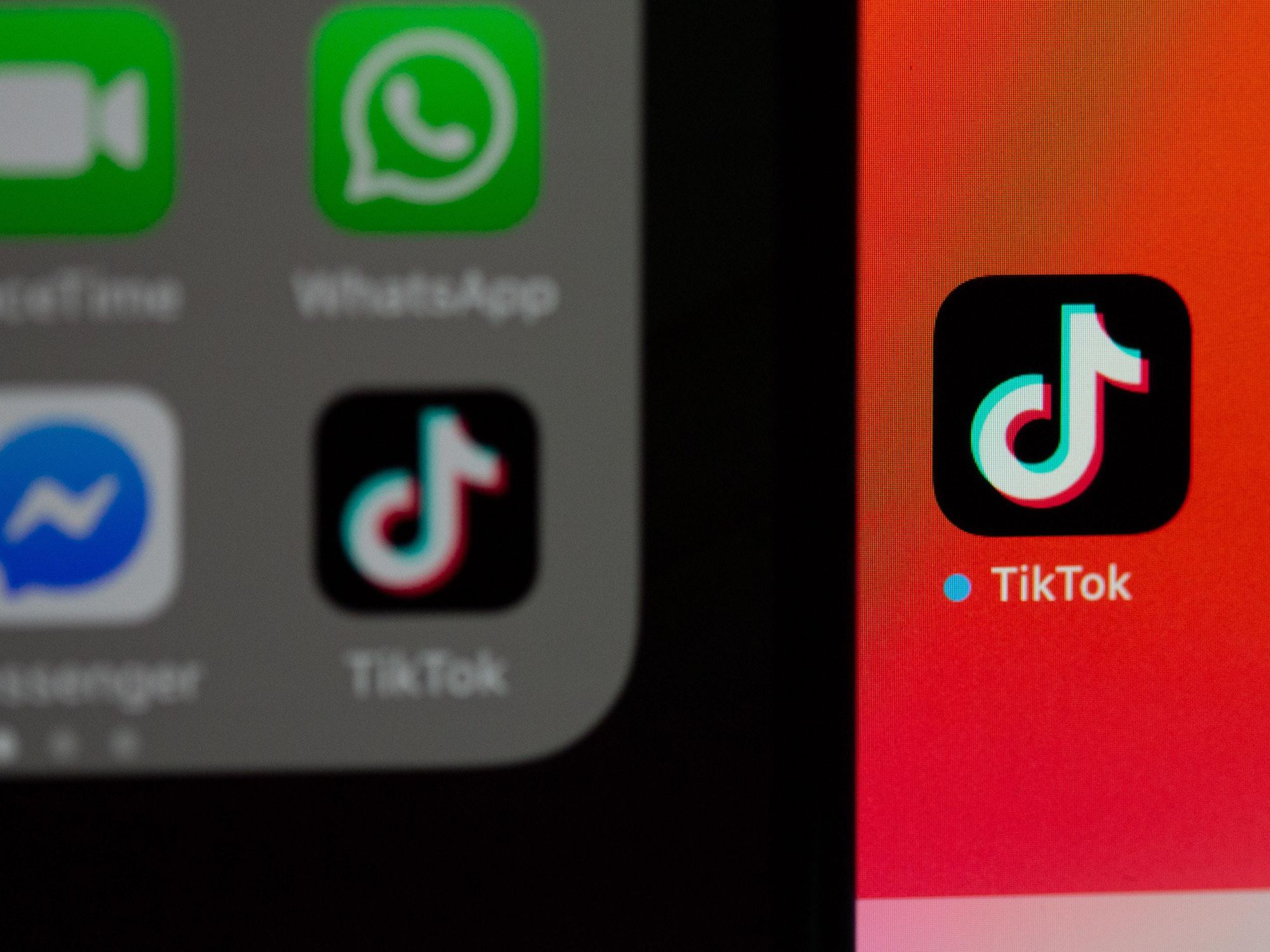‘TikTok Music’ App Would Extend Social Media’s Music Dominance
Christian Hetrick is dot.LA's Entertainment Tech Reporter. He was formerly a business reporter for the Philadelphia Inquirer and reported on New Jersey politics for the Observer and the Press of Atlantic City.

TikTok’s fingerprints have been all over the music business lately, with the video sharing app catapulting artists to the top of the charts.
The Culver City-based company’s influence over the industry could soon grow larger. Parent company ByteDance is seeking to trademark “TikTok Music,” a brand that could be slapped on a mobile app that lets users “purchase, play, share, download music,” according to the company's trademark application, which was first reported by Business Insider.
The app’s description sounds a lot like Spotify or Apple Music, suggesting TikTok is considering a foray into streaming after becoming a hub for music discovery. Other potential use cases include apps that “live stream audio and video,” provide “podcast and radio” selections or come with “a function of karaoke,” according to the application, which was submitted in May.
TikTok did not return dot.LA’s request for comment, so it’s unclear exactly what the company has in mind. Whatever it is, it would likely further cement TikTok—and social media at large—as a dominant force in music.
This week brought news that Santa Monica-based Snap is betting more on music, too, with plans to financially support indie artists distributing songs on its platform. The struggling social media giant launched a creator fund to provide monthly grants of up to $100,000 to artists who are distributing music on Snapchat via digital music distributor DistroKid. The fund comes on the heels of Snap rolling out augmented reality experiences at concerts run by Beverly Hills-based Live Nation.
Social media sites dating back to MySpace have helped artists promote and distribute their music. But the short-form nature of TikTok’s videos makes them an especially useful music discovery vehicle, giving viewers just a taste of a track and leaving them wanting more. Singer Olivia Rodrigo, rapper Lil Nas X and other pop stars can credit TikTok for making them household names.
The music industry has taken notice. Record labels promote their music on TikTok, while artists write songs tailored for the app’s memes and trends. Some labels even use TikTok engagement as a data point in deciding which artists to sign, according to New York University professor Howie Singer, who teaches data analytics in music. Singer Halsey recently claimed that their label required TikTok momentum before letting them release new music.
A standalone TikTok music app could build upon the platform’s reputation as a place to discover new songs or artists. Currently, fans who hear a clip on TikTok must check YouTube, Spotify or another site to listen to the rest of the song. A “TikTok Music” app could change that.
“This could be a way for them to keep those users inside their application and let them listen to the whole song there,” Singer said. “That might also reduce the friction to go hear the whole song because you don't have to go fire up another app.”
While artists like Halsey have raised legitimate concerns about social media’s rising influence over music, the online platforms have helped emerging artists. That’s especially true of indie artists uninterested in a big label’s backing, said Tim Sommer, a music journalist and former creative executive at Atlantic Records.
“When someone tells me that there's going to be a new venue for music—a new streaming service, a new platform—what I can think is ‘great,’” Sommer said, “that's another way for an artist to directly reach the person who wants to hear their music.”
- TikTok Signs Music Distribution Deal with UnitedMasters - dot.LA ›
- TikTok Wants To Be an Entertainment Platform - dot.LA ›
Christian Hetrick is dot.LA's Entertainment Tech Reporter. He was formerly a business reporter for the Philadelphia Inquirer and reported on New Jersey politics for the Observer and the Press of Atlantic City.



 Image Source: Revel
Image Source: Revel
